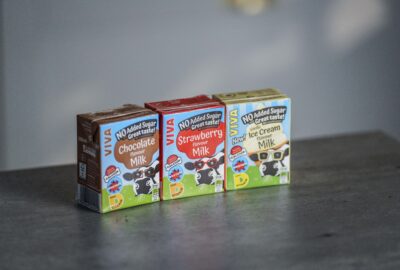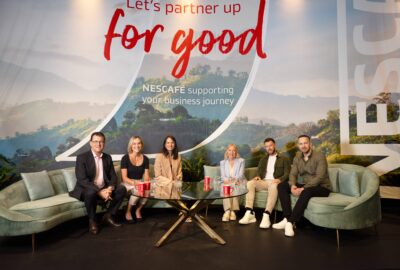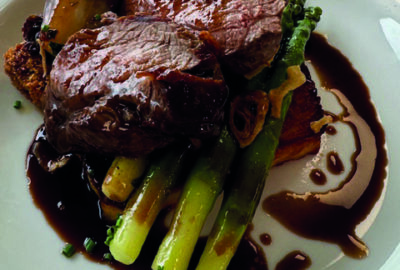Educating nursery school children about food, where it comes from and how to use it in cooking, is vitally important. Stir it Up magazine recently spoke to two nurseries who are working hard to improve the relationship children have with food through innovative, fun activities.
Field To Fork Education At ICP Nurseries
ICP Nurseries introduced their “Cooking Station” concept at 44 sites three years ago to nurture a closer, more positive connection between children and food. Tracey Storey, CEO, says “Depending on workload, our chefs will get involved and work with the children whether it’s making fruit kebabs, baking bread or scones. It’s an experience that is on offer throughout the day and children are encouraged to be independent and choose when they wish to cook.”
During these regular cookery sessions, children learn various skills such as hygiene (cleaning tables and washing hands), naming ingredients and learning about where they come from, how to crack an egg and use exploration language around textures and smells.
Dean Richter, ICP Nurseries’ Senior Chef, who also works as chef at Northcote House & Bennerley House in London, explains how 4-5 year olds learn about slicing fruit using plastic serrated knives. “They make up fruit kebabs with pieces of melon, strawberries and orange. For the toddlers, it’s more about baking cakes and muffins, stirring the cake mix. On National Banana Day we made banana muffins.”
On another occasion, Dean made fishcakes with the children; “I bought a piece of cod from the fishmonger and demonstrated how to fillet
and prepare it and then we made fishcakes, mashing up the potato, putting in the egg and flour, cooking them and then eating them. It changed their attitude to fish
as they had made it themselves.”
The Childcare Partnership Focus on Reducing Carbon Emissions
Childcare Partnership, a group of 45 day nurseries, is actively working to reduce carbon emissions, under its strategy “Zeroby30” to net zero by the end of 2030. Mark Bird, Health, Safety & Environment Director, says “Beef has quite a severe carbon figure compared to say, chicken, due to the land needed, volume of food, water and other factors. Our dedicated meat-free days effectively removing meat from the menu for one fifth of the meals has a huge impact.”
The nursery chain is in its second consecutive year of the Soil Association’s “Food For Life” Silver Award at all participating sites. “This dovetails with our net zero strategy,” says Mark.
At Woodlands Day Nursery in Milton Keynes, there are a maximum of 83 children (from 6 weeks to 5 years) at each session, whether morning, afternoon or full-time. Tracy Miller, who has worked there as chef for 15 years, says “It makes sense to develop a menu based on popular meals. Getting to know what children enjoy and like cuts down on food waste. Two days
a week are completely meat free.”
Children are taught about food items, where they come from and how they are used. “For example I may crack an egg on the side of the table,” says Tracy. “Put the contents in the bowl and discuss where it comes from and how eggs are used in cooking.”
www.childbasepartnership.com


